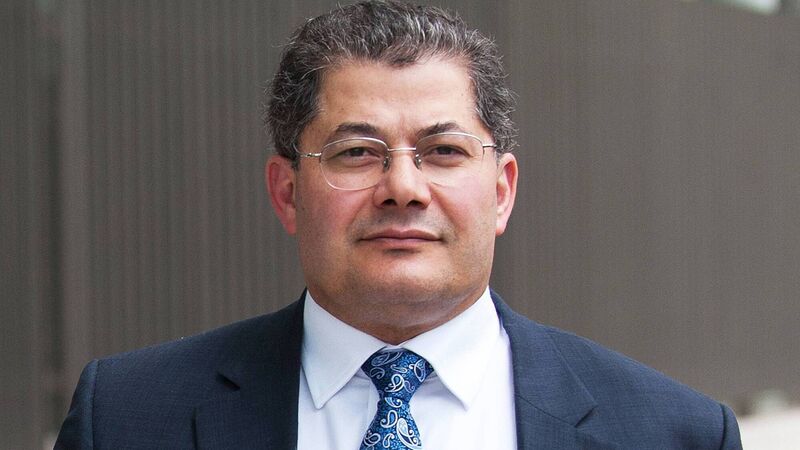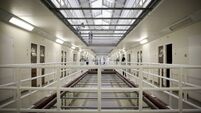Former deputy State pathologist found guilty of professional misconduct

Khalid Jaber served as deputy State pathologist between 2009 and 2013, when he resigned in controversial circumstances. Picture: Collins Courts
A former deputy State pathologist has been found guilty of professional misconduct over “major errors” in his postmortem findings in two cases which could have resulted in people being wrongfully acquitted or convicted of murder.
A fitness-to-practise committee of the Medical Council has ruled three allegations of both professional misconduct and poor professional performance made against Khalid Jaber were proven following a medical inquiry which was held over six days between October 2024 and January 2025.











